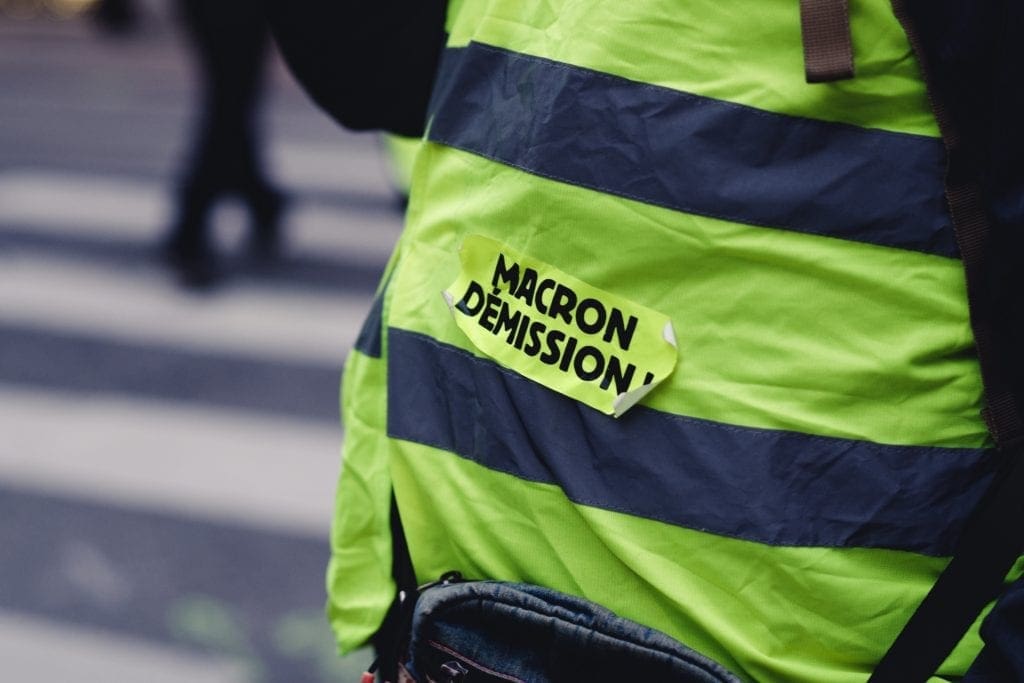On March 5, 2019, French President Emmanuel Macron called on European Union members to choose a stronger EU and reject populists. This came in light of projections of eurosceptic and populist parties expected to come out strong during the upcoming European Parliament elections.

Macron went as far to publish a column for about rejecting populist parties.
Macron wrote, “Never has Europe been in so much danger.” The French President declared Brexit a “symbol of crisis” and pinned the blame on “fake news” for its occurrence.
Macron then listed a number of “solutions” to this supposed EU crisis and how the regional bloc can become stronger than ever:
To address migration, Macron called for stricter border controls, a common border force, and common asylum rules – measures that have already started being implemented.
Macron also called for Europe to lead the fight against climate change by setting a target of zero carbon dioxide emissions by 2050 and cutting pesticide use in half by 2025.
It’s clear that EU leaders like Macron are devout acolytes at the church of centralized power. Such a fanatic devotion to concentrated power is slowly undermining Europe, a region that became successful thanks to decentralization and jurisdictional competition.
With populist movements surging in Spain and the recent Estonian elections, it’s clear the EU is on the ropes. Indeed there is a wide range of concerns such as the arrival anti-free speech laws, immigrant ghettos created by expansive welfare states, and a Brussels government that has become detached from its member nation’s interests.
However, it should be noted that these movements are no ideological panaceas. Ideologically, most of the movements in Europe don’t offer genuine liberalism or free-market views. Many still believe in a considerable state presence in the economy.
However, the focus shouldn’t be on making these areas ideologically pure but rather more decentralized. In Liberalism, economist Ludwig von Mises stressed self-determination as a means of promoting peace and prosperity:
“The right of self-determination in regard to the question of membership in a state thus means: whenever the inhabitants of a particular territory, whether it be a single village, a whole district, or a series of adjacent districts, make it known, by a freely conducted plebiscite, that they no longer wish to remain united to the state to which they belong at the time, but wish either to form an independent state or to attach themselves to some other state, their wishes are to be respected and complied with. This is the only feasible and effective way of preventing revolutions and civil and international wars.”
Ultimately, the goal should be to create multiple Brexits and then transition into Swiss styles of governance that emphasize decentralization and subsidiarity.
For practicality sake, countries in the EU should put decentralization as their top priority. In a 21st century that features game-changing technologies like Bitcoin and 3D printable guns, centralized structures are looking more like fossils as days go by.

























